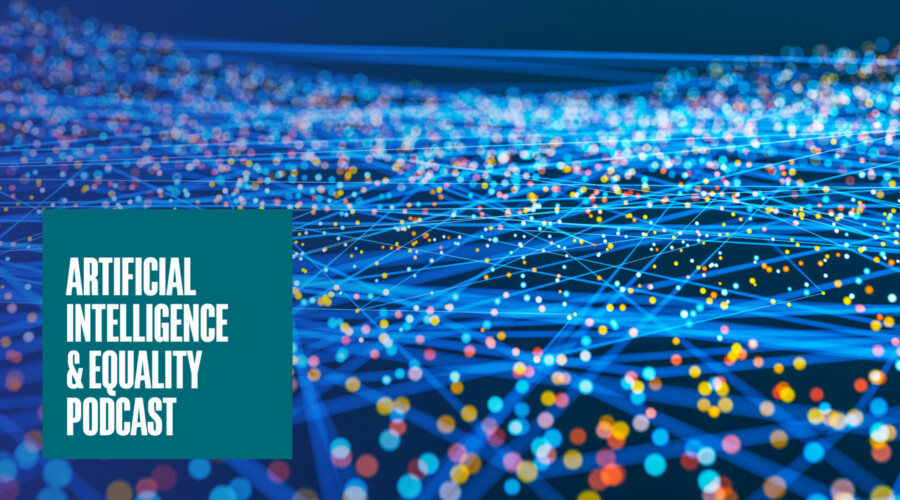Should foreign companies fudge a commitment to free speech to gain early market access? Is some information better than none, or is censorship a black and white issue?
You may also like

APR 4, 2025 • Video
Unlocking Cooperation: Space Diplomacy
In this event, Northeastern University’s Ethics Institute partnered with Carnegie Council to host a convening on the future of international space governance, security, & sustainability.
Hosted by Ronald Sandler, Zhanna L. Malekos Smith, & Joel H. Rosenthal

APR 30, 2024 • Podcast
Is AI Just an Artifact? with Joanna Bryson
In this episode, host Anja Kaspersen is joined by Hertie School's Joanna Bryson to discuss the intersection of computational, cognitive, and behavioral sciences, and AI.
Hosted by Anja Kaspersen

MAY 6, 2022 • Podcast
For Companies, Could China Be the Next Russia? with Perth Tolle
Isaac Stone Fish and finance expert Perth Tolle discuss the global economic backlash to Russia after the Ukraine invasion, China, and much more.
Hosted by Isaac Stone Fish